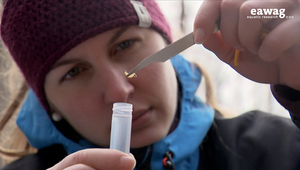Archive News
March 2, 2023
February 2, 2023
January 27, 2023
January 26, 2023
January 23, 2023
January 17, 2023
January 9, 2023
December 15, 2022











